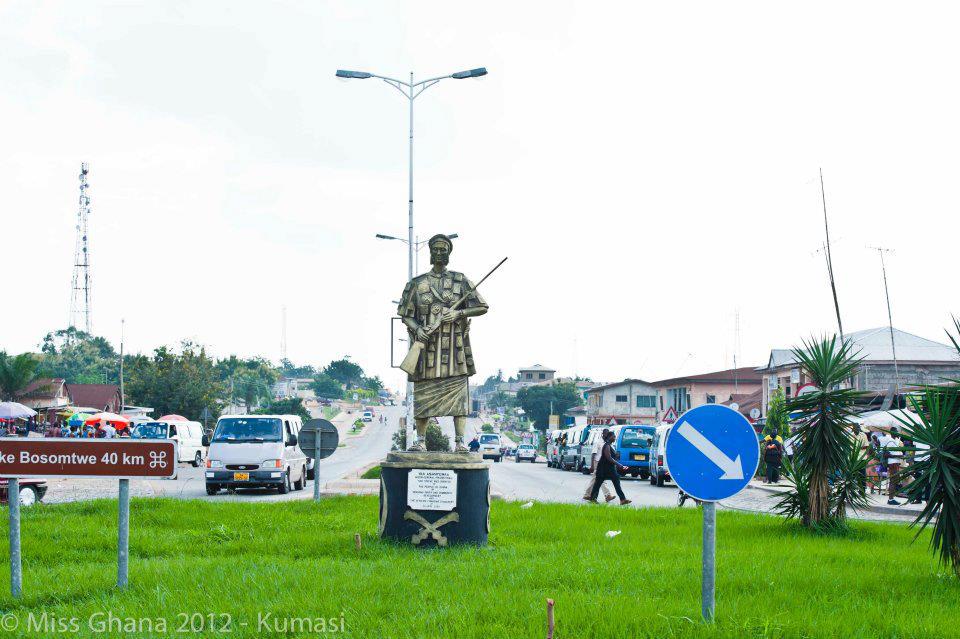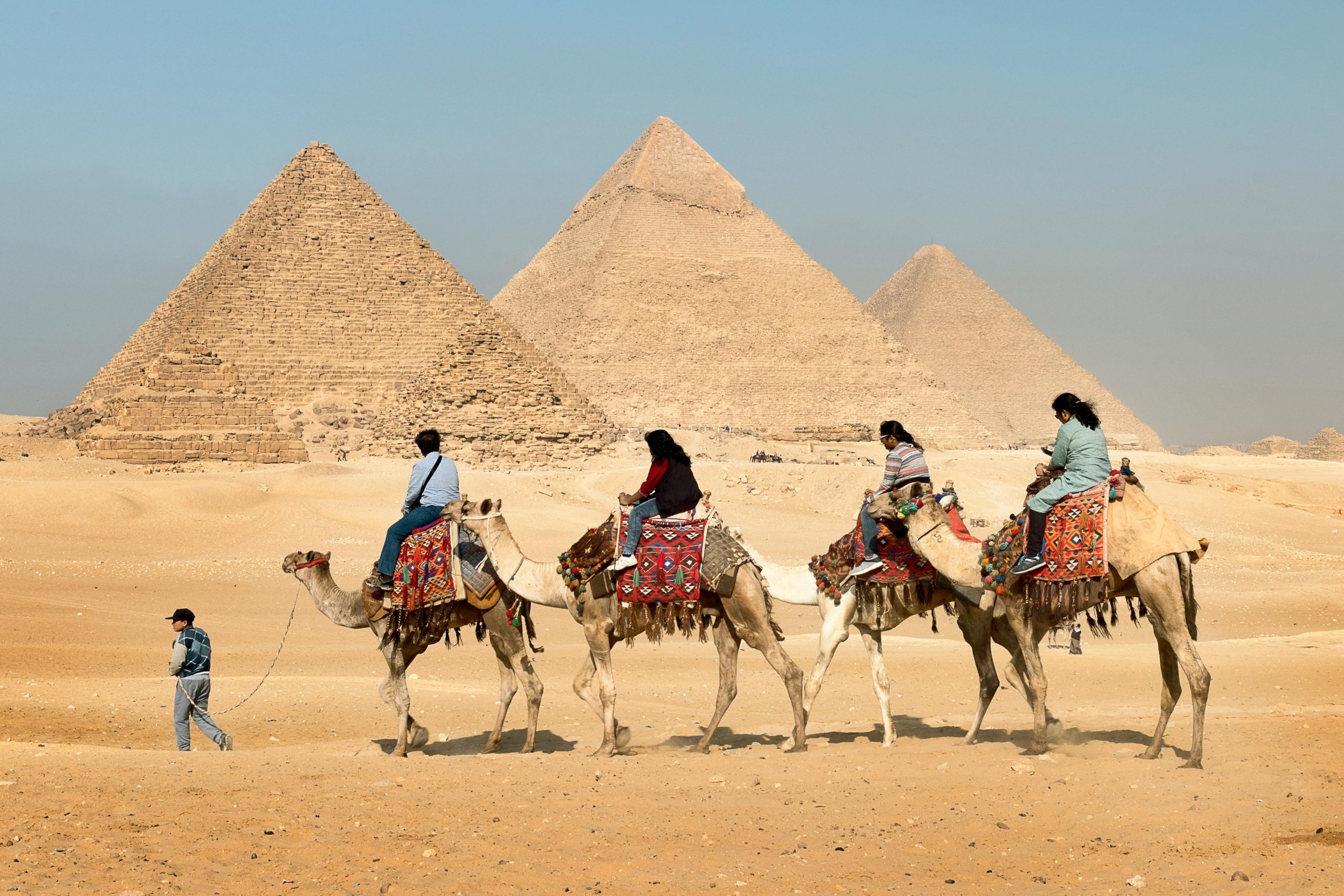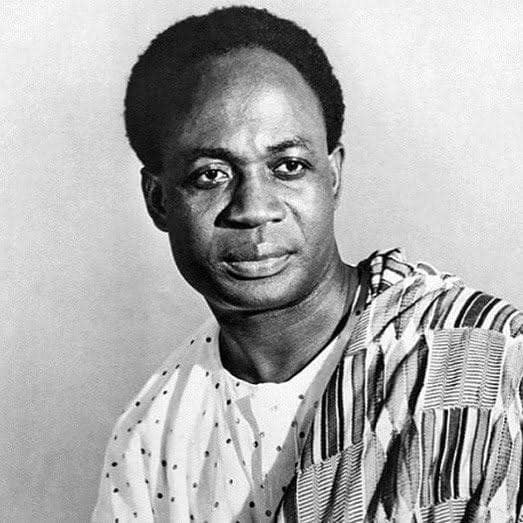
HISTORY OF EJISU
Ejisu is a town located in the Ashanti Region of Ghana, West Africa. It is historically significant and has played a prominent role in the history of the Ashanti Kingdom.

Here’s an overview of the history of Ejisu:
- Pre-Colonial Era: The area where Ejisu is located was inhabited by the Ashanti people, who were part of the larger Akan ethnic group. The Ashanti Kingdom was established in the 17th century by King Osei Tutu I, and Ejisu was one of the key states within the kingdom.
- Ashanti Kingdom: Ejisu served as a vassal state of the Ashanti Kingdom and was ruled by a local chief known as the Ejisuhene. The Ejisuhene held significant power within the kingdom and played a crucial role in the administration of the Ashanti state.
- Ashanti-Fante Wars: In the 19th century, the Ashanti Kingdom was engaged in a series of conflicts with the Fante people, who lived along the coastal regions of Ghana. Ejisu, being a part of the Ashanti Kingdom, was involved in these wars as well. These conflicts were primarily driven by the Ashanti desire to expand their influence and control over the coastal trade routes.
- Colonial Era: In the late 19th century, European powers, particularly the British, began establishing colonial control over various regions in Africa. The Ashanti Kingdom put up resistance against British colonial rule in what is known as the Anglo-Ashanti Wars. However, in 1900, the British captured Kumasi, the capital of the Ashanti Kingdom, and subsequently, Ejisu and the surrounding areas came under British control.
- Post-Independence: Ghana gained independence from British colonial rule in 1957. Ejisu, like other towns and regions in Ghana, became a part of the independent nation. Over the years, the town has experienced urbanization and development, with improvements in infrastructure, education, and healthcare.
- Modern Ejisu: Today, Ejisu remains an important town within the Ashanti Region of Ghana. It serves as an administrative center, and its economy is primarily based on agriculture, trade, and small-scale industries. The town has a rich cultural heritage and is known for its festivals, such as the Mefiri Ejisu, Akwasidae and Adae Kese, which attract both locals and tourists.
It’s important to note that while this provides a general overview of Ejisu’s history, there may be specific events or details that are not covered.

Local historical records, books, and other sources may provide more in-depth information about Ejisu’s history and its significance within the Ashanti Kingdom and Ghana as a whole.
READ ALSO: Steps to Spotify Sign Up








